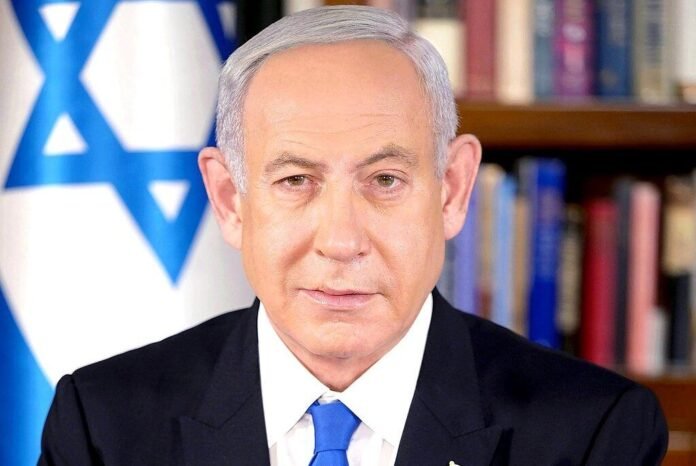Netanyahu confirms Israel’s commitment to Trump’s vision for Gaza, rejecting PA control and Hamas influence
In a significant statement made on Monday, Israeli Prime Minister Benjamin Netanyahu reaffirmed his commitment to US President Donald Trump’s controversial plan for Gaza’s future, asserting that neither Hamas nor the Palestinian Authority (PA) would have any role in the territory post-conflict. This comment comes amid ongoing discussions about the fragile ceasefire between Israel and Hamas, with many questioning whether Israel will send a delegation to Qatar to engage in talks about the next phase of the ceasefire.
The prime minister’s statement made clear that Israel’s stance on Gaza’s governance after the war would not entertain the notion of PA control, which had been a key element of past peace negotiations. Netanyahu, in line with Trump’s vision for the region, confirmed that Gaza would undergo significant changes under the proposed plan.
“I am committed to US President Trump’s plan for the creation of a different Gaza,” Netanyahu stated, reaffirming his earlier pledge. This remarks reject any notion that the Palestinian Authority could take over Gaza in the aftermath of Hamas’ defeat, further cementing Netanyahu’s alignment with Trump’s controversial approach to Middle Eastern peace, which has faced widespread international criticism.
Embed from Getty ImagesThe statement raises further doubts about the potential for a two-state solution between Israel and Palestine, as the proposed restructuring of Gaza would likely shift control to international entities or alternative leadership models, bypassing both the PA and Hamas entirely. This echoes Trump’s “Deal of the Century” plan, which suggested the creation of an independent Palestinian state but with limited territorial control and stringent conditions.
Netanyahu’s remarks have drawn both domestic and international reactions. Within Israel, right-wing supporters have welcomed the idea of taking full control of Gaza, viewing it as a decisive step toward curbing Hamas’ influence. However, critics have raised concerns about the long-term viability of such a strategy, pointing out that it risks further alienating Palestinian groups and destabilising the broader region.
The announcement also suggests that Israel’s negotiations with Qatar, aimed at securing the next stage of the ceasefire, could face significant hurdles. Qatar has long played a role in mediating between Hamas and Israel, but Netanyahu’s comments now cast doubt on whether any future peace process would include the PA or Hamas as significant stakeholders.
This latest development signals the continuation of Israel’s assertive policy on Gaza, one that prioritises its security concerns while sidelining Palestinian leadership in favour of international actors. As the situation evolves, the region remains on edge, with both sides bracing for what comes next in this prolonged and volatile conflict.
